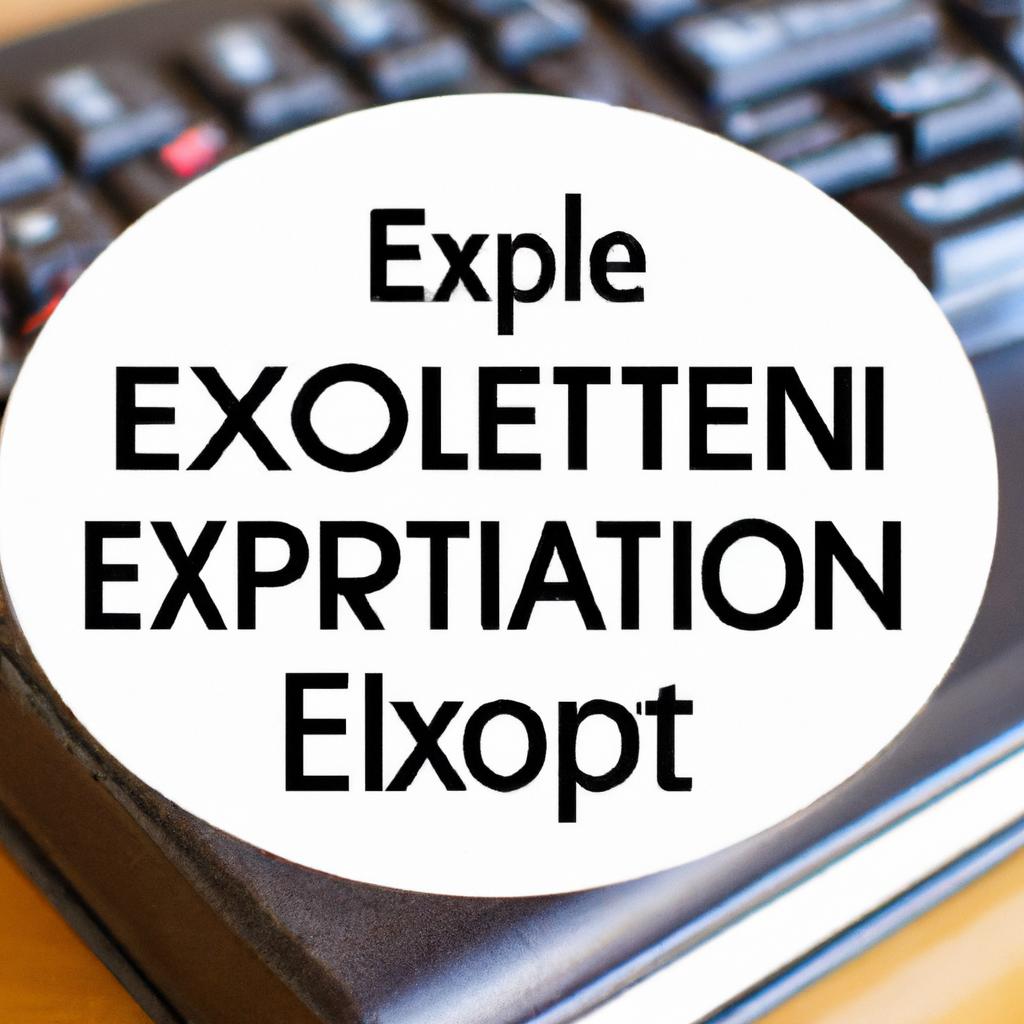Probate costs – a term often whispered with trepidation amongst those navigating the intricate world of estate planning and administration. But what exactly do these costs entail? How do they impact the distribution of assets and the settling of an estate? In this article, we will delve into the meaning of probate costs, shedding light on this often misunderstood aspect of the legal process. Join us as we unravel the complexities of probate costs and provide clarity for those embarking on the journey of estate management. Welcome to the enlightening world of probate costs.
Understanding the Basics of Probate Costs
Probate costs refer to the expenses associated with the legal process of administering the estate of a deceased individual. These costs can vary depending on the complexity of the estate, the state laws, and whether there are any disputes among beneficiaries. It is important to understand the basics of probate costs to adequately prepare for the financial implications of the probate process.
Common probate costs may include court fees, attorney fees, executor fees, appraisal fees, and other administrative expenses. These costs can add up quickly, potentially reducing the overall value of the estate. By understanding the various factors that can impact probate costs, individuals can make informed decisions about estate planning strategies to minimize these expenses and ensure a smooth probate process for their loved ones.

Factors Influencing the Total Probate Expenses
can vary depending on the complexity of the estate. One major factor is the size of the estate, as larger estates typically require more time and resources to settle. Additionally, the number and types of assets within the estate can also impact probate costs. Assets that require valuation or have complex ownership structures can lead to higher expenses. Another factor to consider is the location of the estate, as probate laws and court fees can vary by state.
Furthermore, the presence of disputes or litigation among beneficiaries can significantly increase probate costs. Legal fees for resolving conflicts or contesting the Will can quickly escalate expenses. In some cases, hiring appraisers, accountants, or other professionals to assist with the probate process can also contribute to the overall costs. It is important to carefully consider these factors and consult with experienced probate attorneys to effectively manage and minimize probate expenses.
Strategies to Minimize Probate Costs
When it comes to dealing with probate costs, there are several strategies that individuals can utilize to minimize the financial burden. One effective method is to create a living trust, which allows assets to bypass the probate process altogether. This can significantly reduce costs associated with court fees and legal proceedings.
Another strategy is to ensure that all assets have designated beneficiaries or are jointly owned with rights of survivorship. By doing so, these assets can transfer directly to the intended recipients without passing through probate. Additionally, working with an experienced estate planning attorney can help navigate the probate process efficiently and avoid unnecessary expenses.

Expert Tips for Efficient Probate Administration
In probate administration, understanding the costs involved is crucial for efficient handling of an estate. Probate costs refer to the expenses incurred during the probate process, which can vary depending on the complexity of the estate and the state laws. It is essential to have a clear understanding of these costs to avoid any surprises and ensure that the estate is administered properly.
One way to manage probate costs is by working with experienced professionals such as attorneys and accountants who specialize in probate administration. These experts can help navigate the complexities of the probate process, identify potential cost-saving opportunities, and ensure that the estate is administered in a timely and cost-effective manner. Additionally, staying organized and keeping detailed records of all expenses incurred during the probate process can help prevent any unnecessary costs from arising. By following these expert tips, you can efficiently manage probate costs and ensure a smooth probate administration process.
Q&A
Q: What are probate costs?
A: Probate costs refer to the expenses incurred during the legal process of administering a deceased person’s estate.
Q: How are probate costs calculated?
A: Probate costs are typically calculated based on the size and complexity of the estate, as well as the fees charged by attorneys, executors, and court filing fees.
Q: What expenses are included in probate costs?
A: Probate costs may include attorney fees, executor fees, court filing fees, appraisal fees, and other administrative expenses related to the estate settlement process.
Q: Are probate costs the same in every state?
A: No, probate costs vary by state and can differ based on local laws, regulations, and the specific circumstances of each estate.
Q: Can probate costs be avoided?
A: In some cases, probate costs can be minimized or avoided by setting up a trust, designating beneficiaries on accounts, or utilizing other estate planning tools. It is recommended to consult with a legal professional for personalized guidance.
Q: Are probate costs tax-deductible?
A: It is important to consult with a tax professional to determine if probate costs are tax-deductible in your specific situation, as tax laws and regulations can vary.
Key Takeaways
In conclusion, understanding probate costs can help provide clarity and peace of mind during what can be a complex and emotional process. By demystifying this aspect of probate, individuals can better navigate the legalities and financial considerations that come with settling an estate. While probate costs may vary depending on the circumstances, having a clear understanding of their meaning can help ensure a smoother transition for all parties involved. Remember, seeking professional advice and guidance is always recommended when dealing with probate matters.


